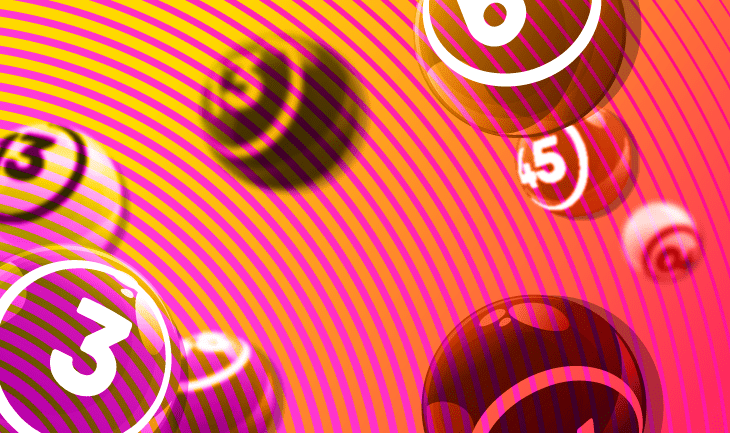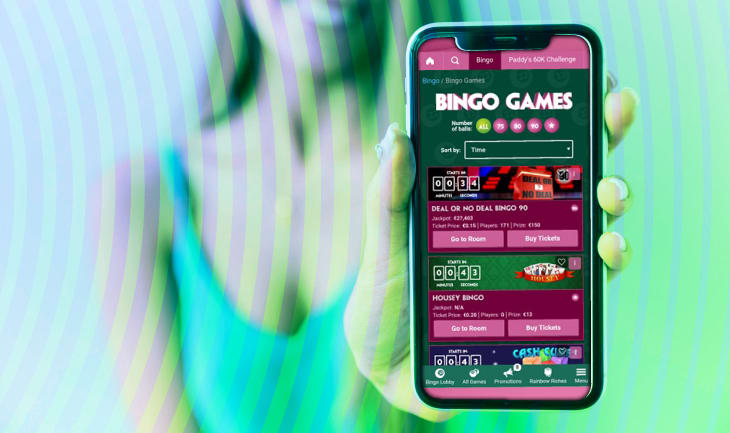We’ve talked on many occasions about the game of bingo, its popularity and its influence on pop and film culture. One of the main reasons why people love bingo games is that they are simple, interactive and offer plenty of jackpots and welcome bonuses up for grabs. As years passed, this game got a new form and experienced a resurgence in popularity, as it has evolved to keep up with the trends in the form of online bingo.
But, when did it all began, and where did it come from? With hundreds of millions of players worldwide playing land-based and online bingo, we’re curious to delve deeper into the origins of the bingo game. So, allow us to take you on a journey back in time, many years before someone shouted the word “bingo”.
The Italian Roots
Legend has it that the game’s history takes us back to 1530 when the game began as a lottery gathering called “Il Gioco del Lotto d’Italia”. Back in the days, players had cards with numbered squares on them, and all numbers were drawn out of a sack. From Italy, the game arrived in France in the late 1770s, where it was called “Le Lotto”, a game played among the wealthy and affluent French population. Moreover, Germans also used a version of this game to help students learn math and history. Check out how the bingo game made its way in the UK and how it became the party you mustn’t miss.
Beano? Do you mean bingo?
In the US, bingo was called “beano”. Here, the bingo game evolved from a country fair game where the host would select numbered discs from a cigar box, and players would mark picked numbers with beans. You guessed it; people yelled “beano” if they formed a winning line. The “bingo” term is actually a misheard word after the New York toy salesman Edwin S. Lowe in 1929 overheard someone accidentally shouting “bingo” instead of “beano”.
Lowe then hired Carl Leffler, a University math professor, to help him increase the number of combinations in bingo cards. By the end of 1930, the professor created over 6,000 different bingo combinations. This way, there were fewer non-repeating number groups and conflicts when more than one person had the winning combination at the same time.
From Churches to Casinos and Nursery Homes
After the rise in popularity of bingo, a Catholic priest from Pennsylvania contacted Lowe and pitched his idea about using bingo to raise the church funds. Believe it or not, bingo was immensely popular in churches, and by the end of 1934, over 10,000 bingo games were played weekly. This way, non-profit groups were able to raise funds, and while bingo games were banned in many states, they were still allowed to be hosted by churches.
Bingo has been offered at many casino venues in Nevada. Edwin S. Lowe built a casino hotel in Las Vegas and offered the popular bingo game. As you know, Las Vegas is the heart of games of luck, where millions of dollars are spent only on bingo each week.
On the other side, bingo games are used for other causes as well. Recently we talked about how bingo helps you improve your memory and brain function. Nowadays, bingo is a popular game played for recreational therapy and socialisation in nursing and retirement homes. With volunteers and special AI robots as bingo hosts, all residents can play this game with their visitors.
Today, this popular pastime has evolved significantly since its modest, humble beginnings in Italy. The introduction of online bingo and mobile bingo platforms has seen bingo popularity skyrocketing in recent years. With online platforms, your preferred bingo game, chat room or provider is just one click away from you. From city fairs to land-based bingo parties to online bingo as we know it today – the future does not come one day at a time now. It comes as we create it, and we surely progress fast.




